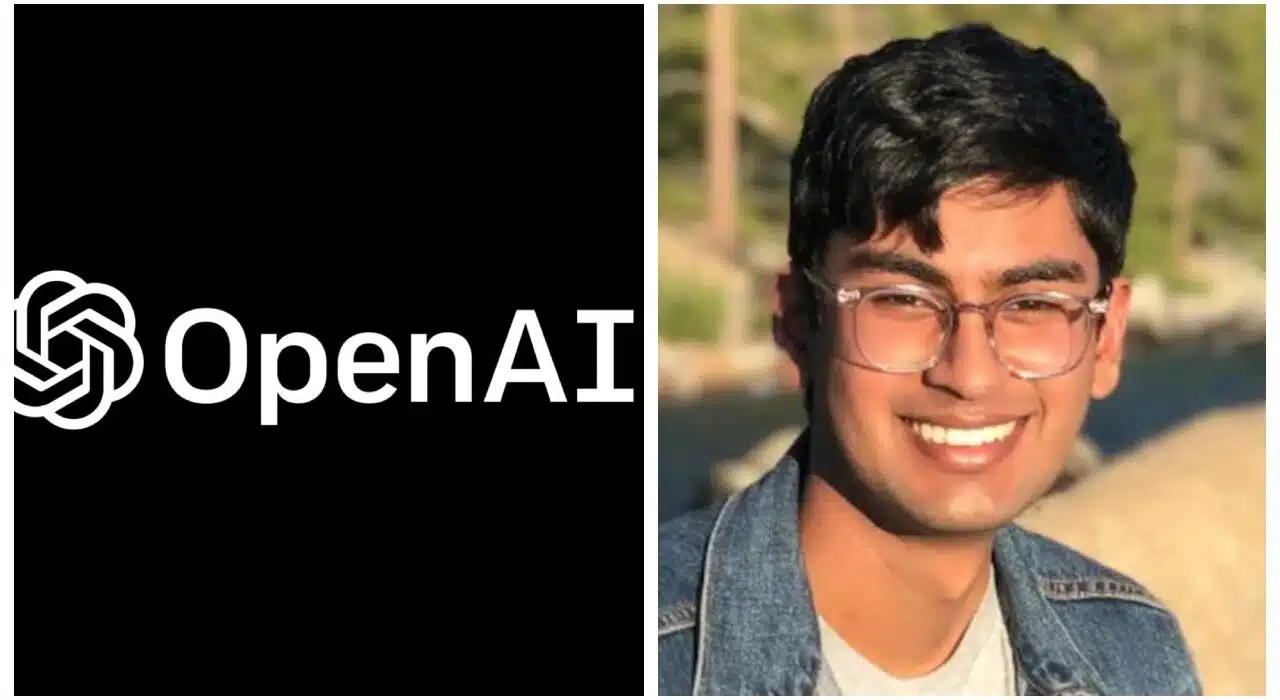Suchir Balaji, a Cabin 1.0 Artificial Intelligence (AI) researcher who has recently left OpenAI, was discovered dead in his San Francisco apartment on November 26. The 26-year-old reportedly died by suicide, with no signs of foul play confirmed by local authorities. Yet, once previous work has been completed, his scathing attacks on OpenAI in the weeks leading up to his death have rekindled discussion around what generative AI may have in store for its ethics and practices.
In his final months, Suchir Balaji, who talked about OpenAI before death, painted a troubling picture of the company’s operations. During an October interview with The New York Times, Balaji accused OpenAI of violating copyright laws, stating that generative AI technologies, such as ChatGPT, were harming the internet. He also stated that these systems frequently serve as replacements for the data they are learned to reproduce, which calls into question traditional concepts of fair use.
Suchir Balaji and his remarks on OpenAI before his death
Balaji’s increasing frustration became manifest through his social media writings. He openly questioned OpenAI’s approach to fair use, suggesting that many generative AI tools fail key legal tests. Discussing concerns regarding the role of AI models for devolution in creative markets, Suchir Balaji before dying provided a data point about the role of AI models, particularly deep learning for creative markets. He stated that “none of the four determinants of fair use tend to carry the weight of the case against ChatGPT”, highlighting how fair use factors may be impacted when using such tools to critically analyze copyrighted material.
His blog entry further discussed fair use principles and noted that market effects and creative impact are very important for fair use compliance. Suchir Balaji about OpenAI before death underlined that his criticism wasn’t limited to OpenAI but applied broadly to generative AI products across industries.
OpenAI as a whole is embroiled in difficult times because of the escalating discussions around AI regulations, AI ethics, and AI copyright. Co-founder of OpenAI and recent antagonist Elon Musk gave a “hmm” in response to the news posting to X, which opened the floodgates for speculation. Balaji’s thinking is sobering and serves as a reminder of the ethical dilemmas inherent in the development of AI.
Also, see: Elon Musk overtakes Bill Gates to become wealthiest person in history
